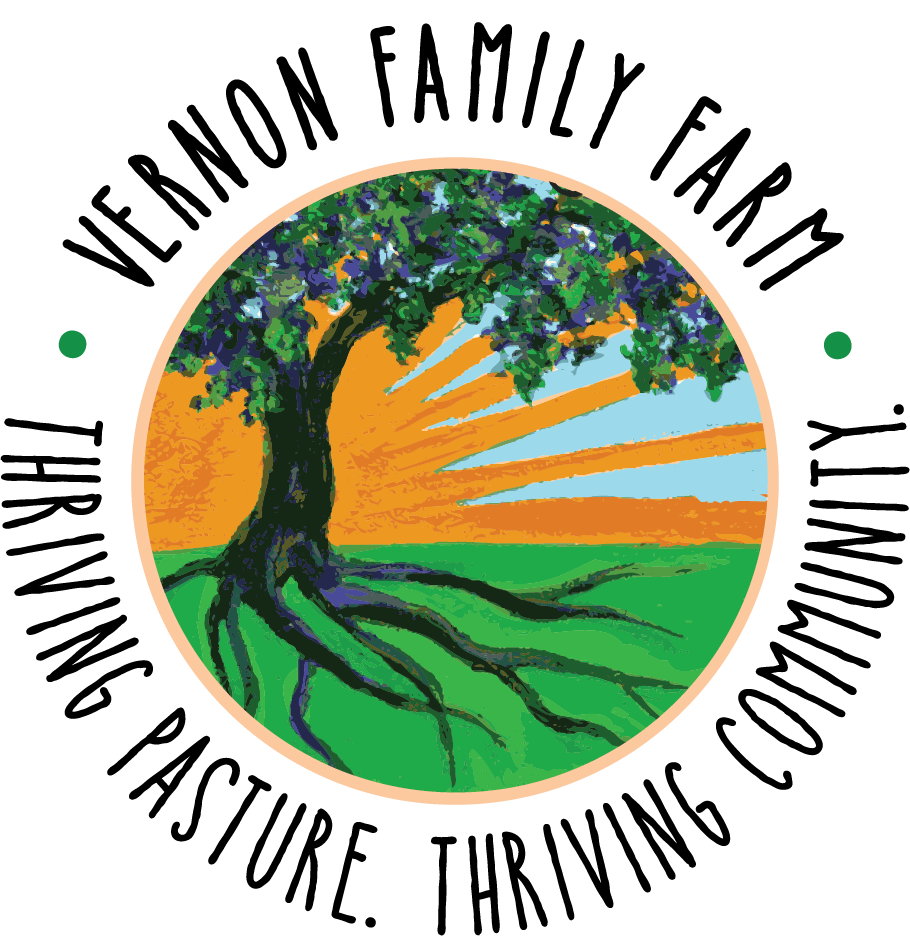MORTALITY: A PERSONAL PIECE FROM THE FARMER'S HEART
BY JEREMIAH VERNON
I do not have a single clue what other worldly intelligence lies behind those animal eyes.
I wonder what they think of it all or if they are so beautifully present that the weight of the future is extinct. I hope they feel joy. I hope they feel comfort.
I love the animals I have been fortunate to raise. More than anything, I love the perceived innocence with which they occupy the world. They seem unburdened by the trials and tribulations that humans experience and approach life with a natural awareness of the here and now. They are raw in their energy and there is a sweet simplicity to their existence. This does not mean they are in any way simple creatures—quite the opposite—they are amazingly complex and capable. I envy them.
People say not to name your animals because you will form an attachment
I would argue that being attached to the animals that provide you life’s energy is exactly what you should do.
I love animals. I love our cows Dandelion and Clover. I will love eating Dandelion and Clover. I would rather love what I eat than not. Eating an animal you have raised, nourished, and processed is powerful. There is a sense of awkward fulfillment, satisfaction, and appreciation. A sense of connectedness and responsibility.
If you have never slaughtered an animal, then you do not know what it is like to take control of a living organism’s destiny with such final force. It is an act unlike any other. Most of my experiences killing animals have been by hand with a knife. It is an intimate experience. With sheep, I have laid them on the ground and knelt over them and exposed their neck by pulling their head back and parting the wool. One committed stroke of a sharp knife and the life giving blood gushes out of their arteries. The muscles spasm with uncontrolled contractions, failed breath after failed breath.
I read once that humans are the only known animal to express a desire to die.
In other words, besides humans, no scientific study has been successful in finding another living organism that wants to die. I have never killed an animal that expressed even a hint of wanting to die, whether it be in full health or sick and close to death. I am always amazed by how strong the will to survive is but how easy it is to end life. A slit of the throat. A bullet to the head. An injection. One second you are alive, minutes later you are not.
You are probably wondering how our animals die. Some die here on the farm from disease, illness or injury. Sometimes these types of death are a consequence of poor management or a mistake. If they die this way, they are disposed of—buried in the compost pile—organic waste that breaks down thanks to the complex system of organisms, most of which we cannot see that play such a vital role. They become part of the Earth again. Perhaps this is the most sad death. I’ve killed for consumption and did not cry. I’ve killed for mercy and have shed many tears.
Most times, the animals live happy, healthy lives and are in full health.
We tend to think that our animals have one bad day and even this day, we try to make it as easy on the animal as possible. On the day before processing, we load our animals into trailers and trucks and drive them at night to the slaughterhouse. We drive at night to reduce stress—animals are more calm at night—and temperatures are cooler. The animals are killed the day they arrive, ideally as soon as possible after arriving.
We drive many hours to access processors that we think do an excellent job. For us, an excellent job means a clean, precise, and quick death with the ability to save and utilize the majority of the animal. Up to 30% of an animal's weight is its organs and most Americans throw it all in the trash. What a privileged, gluttonous waste. We do it differently. We do not participate in this waste. In fact we keep all our animal’s organs for offal meat that is sold in the farm store in addition to other animal parts like feet, bones, skin, etc.
We would prefer to do on-farm slaughtering but regulations prohibit it.
Lobbyists, regulators, and Big Ag have consumed the animal killing process to benefit their own bottom-line and have removed the significance of ending an animal's life. As a result, the taking of life is now hidden behind closed doors and windowless rooms. People and animals are forced to shed all decency for the sake of someone else's profits and mass production. The vast majority of animals consumed by people are killed this way. Devastating. I feel guilty.
Reflecting on my role in the lives of these animals, I feel confused and thankful.
I am proud of myself for not shying away from the realities of my eating decisions and I am saddened by the life taken for my sustenance. Dare I assume such control over another animal's existence? Animals kill to eat, why can’t I? Like the best things in life, these are complicated, emotional, and significant questions with no absolute answer. One thing we can do is be thankful for the joy these animals provide by simply existing and for their life giving energy that we take. This transition from life to death is not a passive moment.
This is an active, explicit moment. To all the animals I eat, thank you for giving me life. May my life be a worthy recipient of yours, may my life be the seed for more life and, in doing so, pass your energy into a grateful future.












